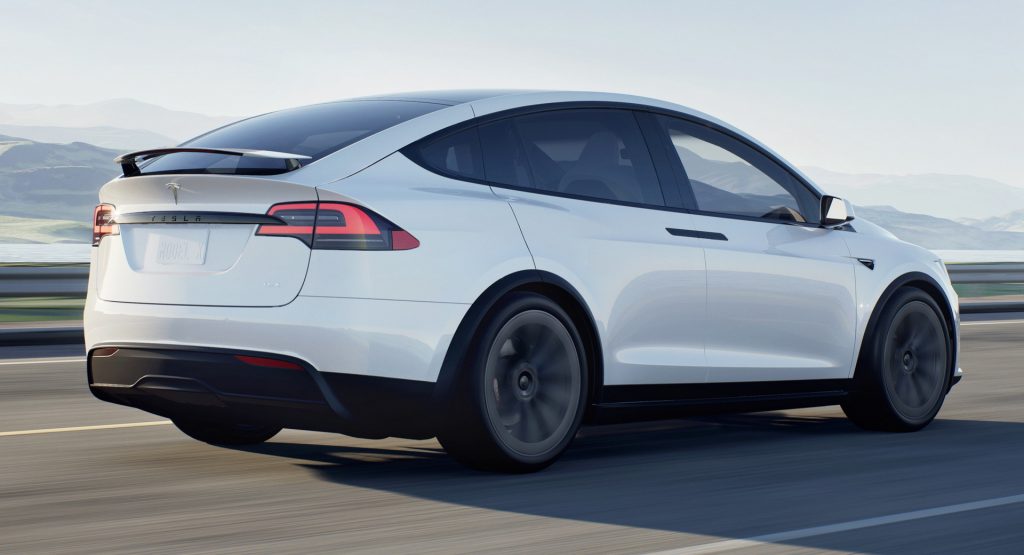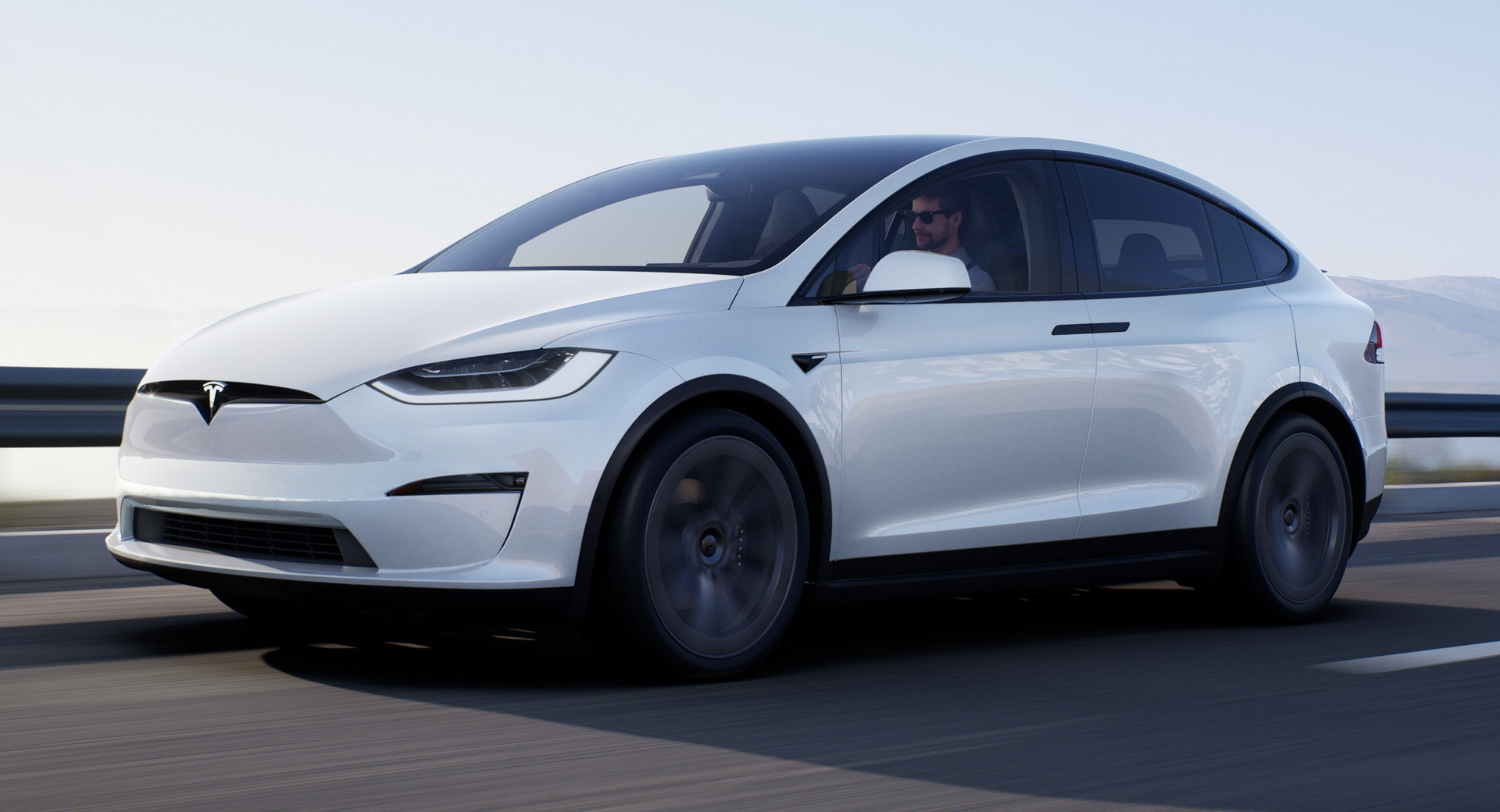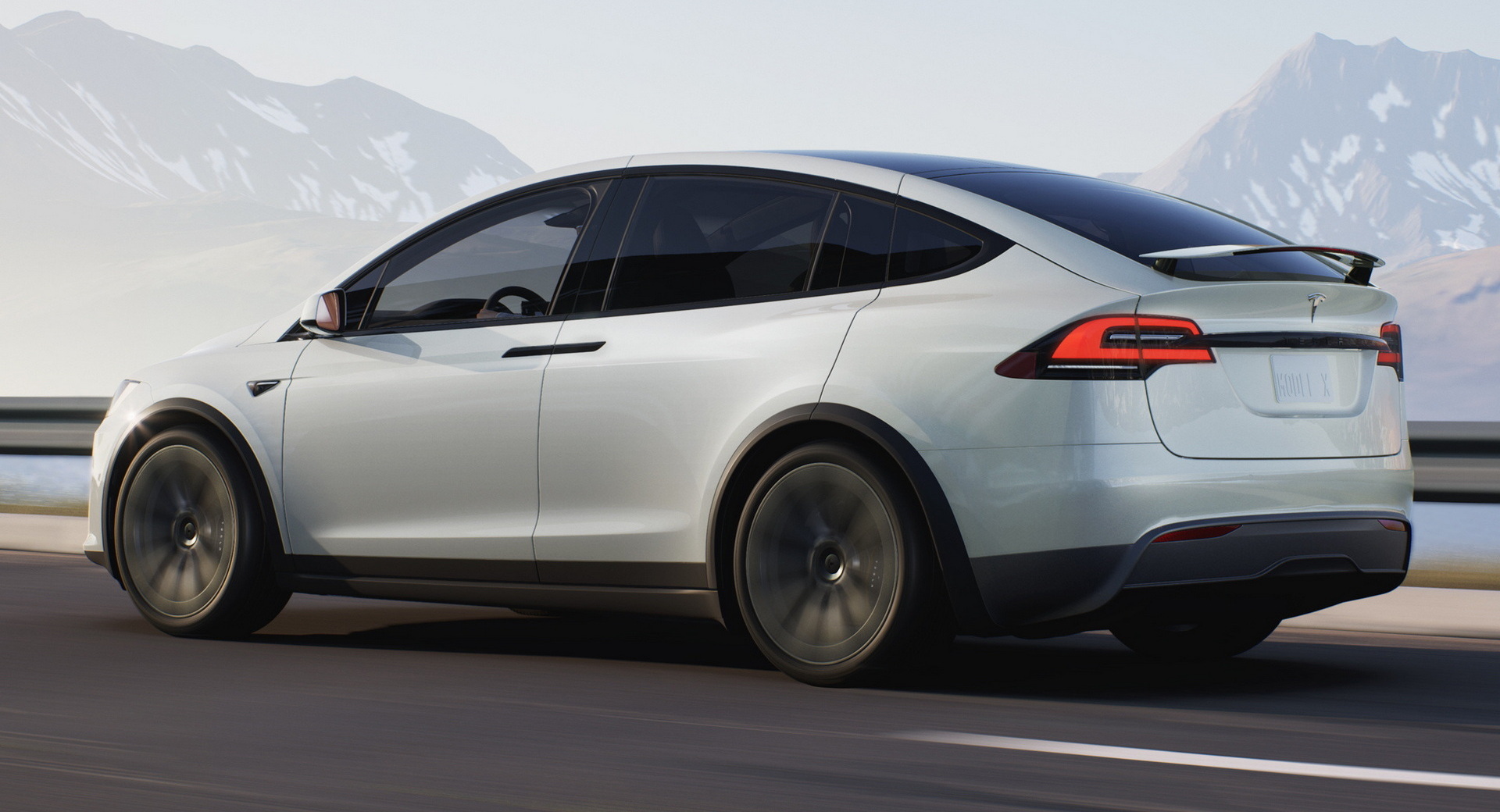After discovering that his newly delivered Tesla Model X had production issues, underwhelming range, and would be more expensive to own than the company had promised, Danny Roman decided to take advantage of a return policy Elon Musk was tweeting about at the time and returned his vehicle after seven days for a full refund. That was in 2020 but he’s still making payments on the car today.
Roman told CNBC and shared documents backing his story up that when he decided to take advantage of Tesla’s return policy, he was happy to be getting his $116,000 back. Indeed, records showed that on March 8, 2020, just nine days after taking delivery of the SUV, the automaker took it back.
Although he expected to receive a refund promptly, his bank advised him to ask Tesla to initiate a stop-sale, which he did. Several weeks later, though, he was still corresponding with Tesla trying to negotiate the return of his money. To add insult to injury, he then received an alert that his vehicle had been repaired and was ready for pickup at a service center in Burbank, California, a 40-minute drive away from where he had bought it. Roman said he was astounded by the service alert and that he never authorized any repairs.
Read Also: Tesla Model 3 Owner ‘Butt Dials’ $4,280 Upgrade, Has Trouble Getting Refund
After some time, though, Roman simply stopped making payments, assuming Telsa was taking care of things and he was in the clear. A month later, his bank informed him that he had missed a payment and that his credit score had taken a 30-point hit. As a small business owner, he knew he couldn’t risk the damage to his credit so, for the last two years, he’s been making payments on a car he does not possess and trying to reason with the automaker.
At one point, Tesla even tried to tell Roman that he bought his vehicle after it had ended the seven-day return policy even though the automaker was advertising it on its site months after he bought his Model X and the return policy was mentioned in his contract.
After months of back and forth, he decided to sue the company. But the contract that had just backed him up was suddenly working against him. Tesla adds an arbitration clause to its vehicle contracts mandating that customers who feel they’ve been wronged must go through an alternative dispute resolution process rather than to court.
That means that the automaker’s liability is capped and that it can maintain secrecy about the grievances customers have brought against it. That not only conceals the degree to which the automaker has failed its clients but prevents them from initiating a class-action lawsuit.
Unfortunately for Roman, that means that he’s still making monthly payments on a car he doesn’t own more than two years after he returned it.
“Every time the money gets sucked out of my account, every month, I just cringe,” said Roman. “Besides that, I have spent over a hundred hours of my life trying to fix this, and just worrying.”
Eventually, he got curious about the SUV, so he used the Tesla app to find it. After all the back-and-forth and the messages about picking up his car at a service center, it turned out that it was sitting in a salvage yard less than 11 miles (17.7 km) from his home.
Despite it all, he says he still believes in the automaker, he just hopes they make the changes so that this doesn’t happen to future clients. Unfortunately for Roman, his case is an example of the lengths that Tesla will go to avoid facing consequences for doing this to its customers.






